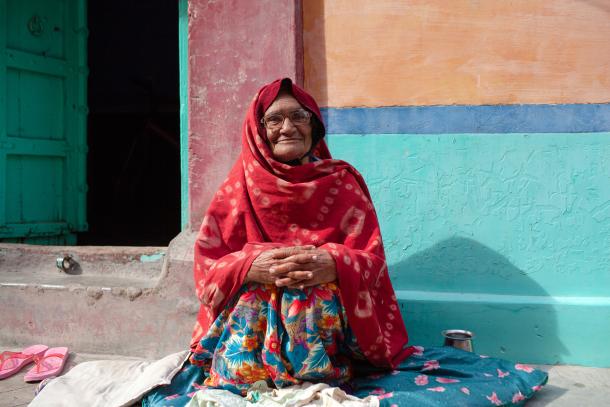预测三年之后你的样子
Despite the concerted efforts globally, an estimated 754 million youth and adults worldwide still lack basic literacy and numeracy skills – two-thirds of whom are women. Southern Asia is home to almost one-half of this global youth and adult population with no basic literacy and numeracy, while 27 per cent live in sub-Saharan Africa. The other 10 per cent are in East and South-East Asia, 9 per cent in Northern Africa, while about 4 per cent live in Latin America and the Caribbean and another 4 per cent in Western Asia.
Concerted effort is needed in policy development and financial investment to safeguard literacy for all, especially those from greater disadvantage. To this end, the Global Alliance for Literacy within the Framework of Lifelong Learning (GAL) was launched in 2016 to advance global literacy efforts and address challenges to promoting literacy around the world. The UNESCO Institute for Lifelong Learning (UIL) serves as GAL Secretariat.

Today, GAL is made up of 31 countries strongly committed to improving youth and adult literacy. GAL engages a multiplicity of stakeholders to advocate for the importance of youth and adult literacy and to catalyse in an effective and coordinated manner efforts to improve literacy rates in the countries that need it the most.
GAL's objectives:
- Improve GAL stakeholders’ (intersectoral) collaboration for literacy and numeracy development at international, regional, national and local levels;
- Increase resources for the implementation of literacy efforts of the 31 GAL countries by strengthening political will, commitments and public awareness;
- Strengthen GAL member countries’ capacity to formulate, implement and monitor education policies and programmes for the advancement of literacy and numeracy;
- Enhance knowledge creation and sharing for GAL member countries’ evidence-based literacy policy designs and implementation.
The strategy sets out five areas of focus to advance literacy and numeracy in GAL member countries: (1) policy and planning; (2) equity and inclusion; (3) innovation; (4) data and monitoring; and (5) partnerships and cooperation.
These areas of focus target youth and adults from the most disadvantaged backgrounds to support the development of their literacy and numeracy skills, and thereby their potential for progress in their personal, community and work lives.
LitBase - Open Access Database for Literacy Programmes
Welcome to LitBase, the Global Literacy and Numeracy Database. Here you will find case studies of youth and adult literacy programmes representing some of the best practice around the world.
Publications










